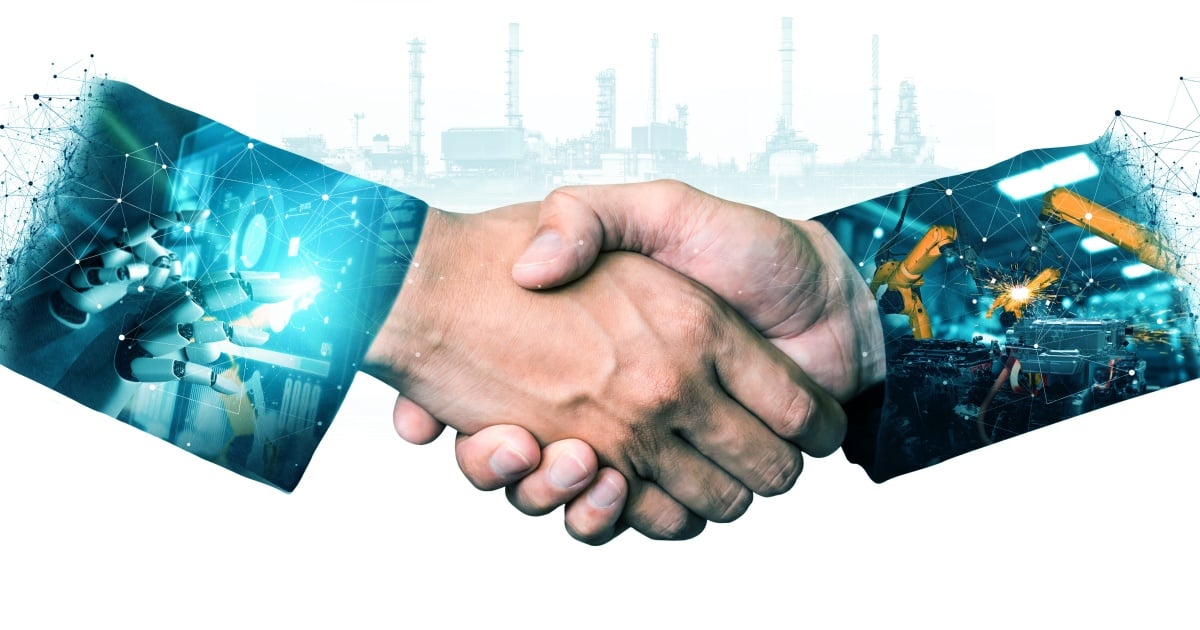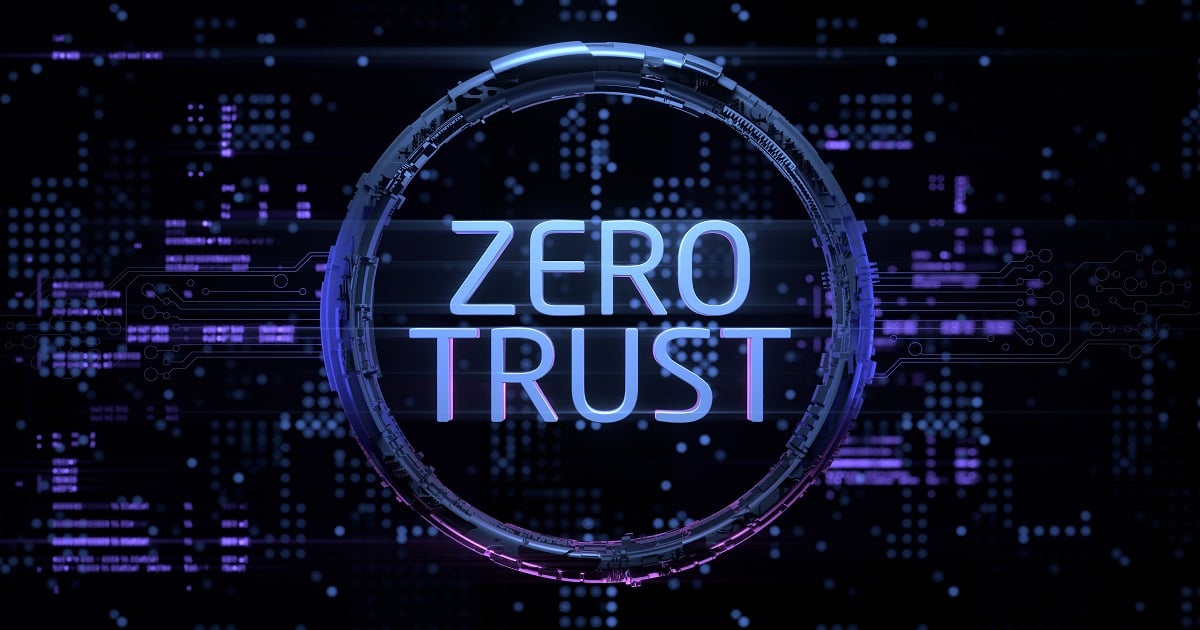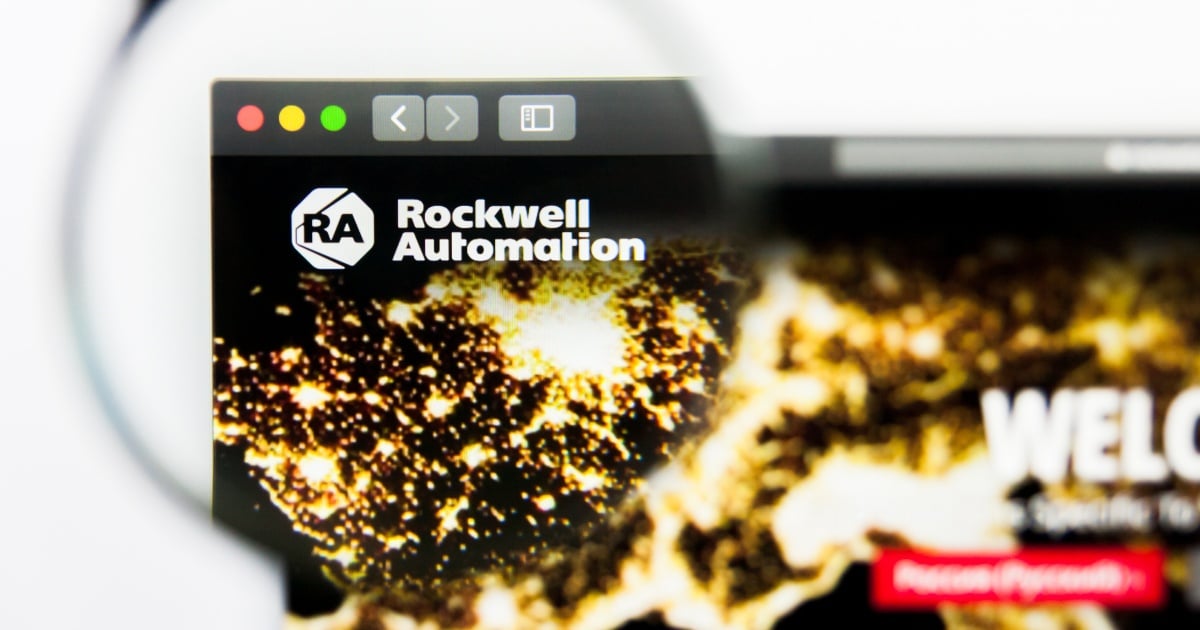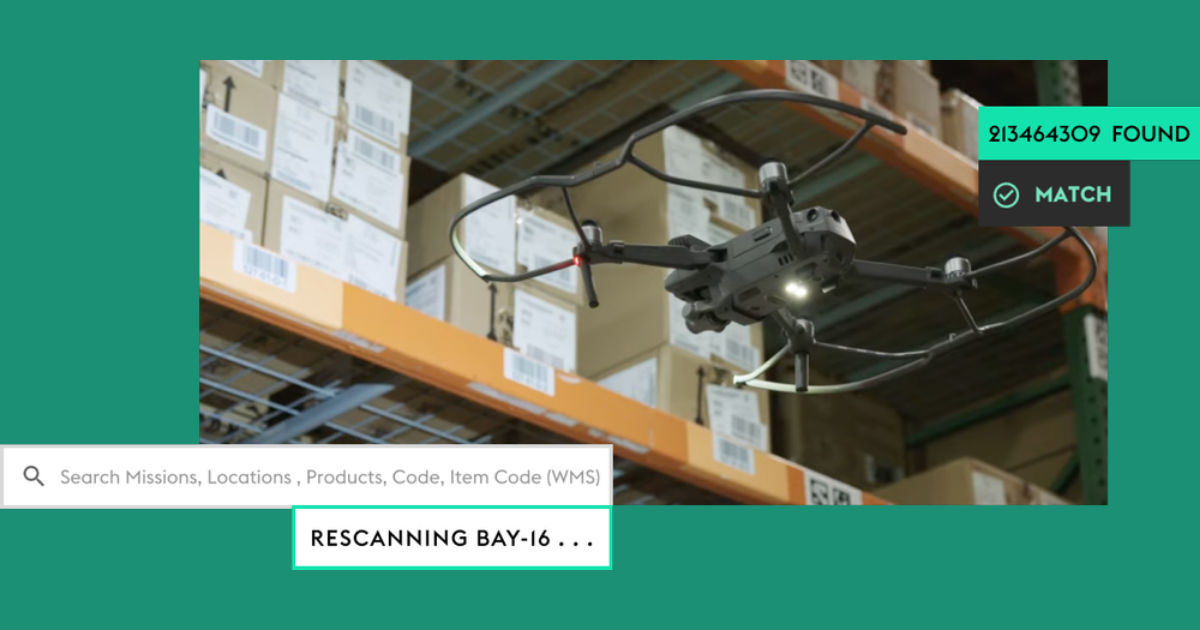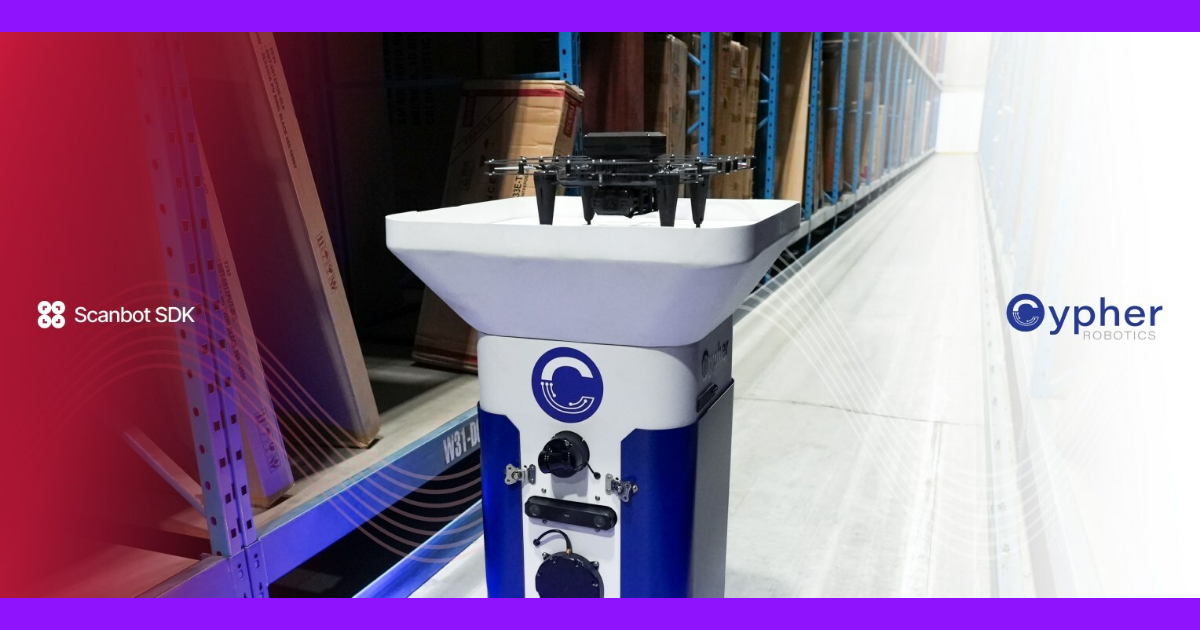
It comes as no surprise that COVID-19 is changing the way that companies operate. What is surprising, though, is that the pandemic has increased the speed at which those companies are adopting IoT and digital solutions. Many companies now rely on these tools to keep operating, as they avoid partial or total shutdowns. Through this process they are learning that IoT and digital tools are increasing efficiency, optimizing operations, improving product quality, bolstering safety and generating real value.
The entry into IoT and digital for companies in the energy, manufacturing, and food and beverage industries, among many others, has often been through the use of mixed reality. Workers in the field are wearing mixed reality headsets that virtually connect them to experts, engineers and cross-functional teams for support. This enables companies to remotely diagnose and correct mechanical failures, install new equipment, monitor water quality and chemistry usage, and then implement solutions. Some examples on how this technology is used with our customers include identifying and fixing leaks, diagnosing and troubleshooting equipment malfunctions, training new employees, and in some cases, installing large-scale industrial equipment that used to require entire teams to coordinate.
Mixed reality is also paving the way and complimenting the use of other IoT technologies at these companies. IoT-enabled devices are monitoring and sending information back to scientists and engineers for instant readings related to water quality, water usage and energy metrics, for example. When you combine this instant, raw data with the power of predictive analytics, companies are able to forecast critical issues in their operations, such as predicting risk in water quality, forecasting microbial and bacterial challenges, or anticipating equipment failure. This includes monitoring and enabling companies to address Legionella bacteria, which causes Legionnaire’s disease, as well as the microbial and bacterial challenges that many industries face, which may lead to performance issues, higher energy consumption, and the need for increased treatment.
When you combine IoT enabled devices with artificial intelligence and automation, companies can adjust chemical and mechanical processes in real-time. Owners and operators of water systems can monitor water, energy and financial performance without being on site or waiting for test results from labs. For example, capturing data on bacterial levels in water systems on site by simply taking a picture of the test strip by smartphone and applying an innovative algorithm provides accurate data in 15 minutes versus the previous time of two days (a timely concern as buildings come back online post Covid-19 shutdowns). By addressing issues preemptively, companies avoid downtime, which is always critical, but particularly during COVID-19.
Mixed reality and innovative programs enable much quicker response times because experts don’t have to travel to the site. They help ensure social distancing during COVID-19 and they give companies access to facilities that have closed due to the pandemic. Trouble shooting can be accomplished with very few people, in most cases with only a technical coordinator and remote maintenance technician using digital technologies to diagnose issues and communicate with each other while a solution is being implemented. Real-time monitoring of operations and faster response times are boosting efficiency, increasing uptime and helping avoid issues that would have previously shut down operations.
It’s important to note that digital tools aren’t just providing short-term cost savings. They are changing the way that companies operate, and this will continue long past the pandemic. For many, it’s also a shift in business model. Companies are now using data and analytics to predict critical issues and monitor performance in real-time. Digital tools are improving product quality and volume. Water and energy savings are helping companies meet corporate sustainability goals and enhance their brand reputations.
Change management and cultural shifts at these companies are the biggest challenge. They are learning to rely on IoT and digital tools, understand the data that is available to them and adopt new working methods accordingly. This has implications for their training, operations and safety functions. Many companies are currently on a “discovery journey.”
The pandemic has sped up the process for companies to adopt digital tools, and they are certainly realizing the value. The time and money savings are undeniable. Now that companies are beginning to understand the value of the data they have, and how IoT, artificial intelligence, predictive analytics and automation can dramatically improve their operations, they won’t go back. Companies that do not make use of these efficiencies could render themselves obsolete. We’re entering a new era.
About the author: Mike Cerilli is Vice President, Digital at Ecolab. He specializes in helping companies leverage new digital technologies as they adapt to new innovations in the market and transform their businesses. Before joining Ecolab, Cerilli had stints at DaimlerChrysler, Navistar, and Ritchie Bros.

